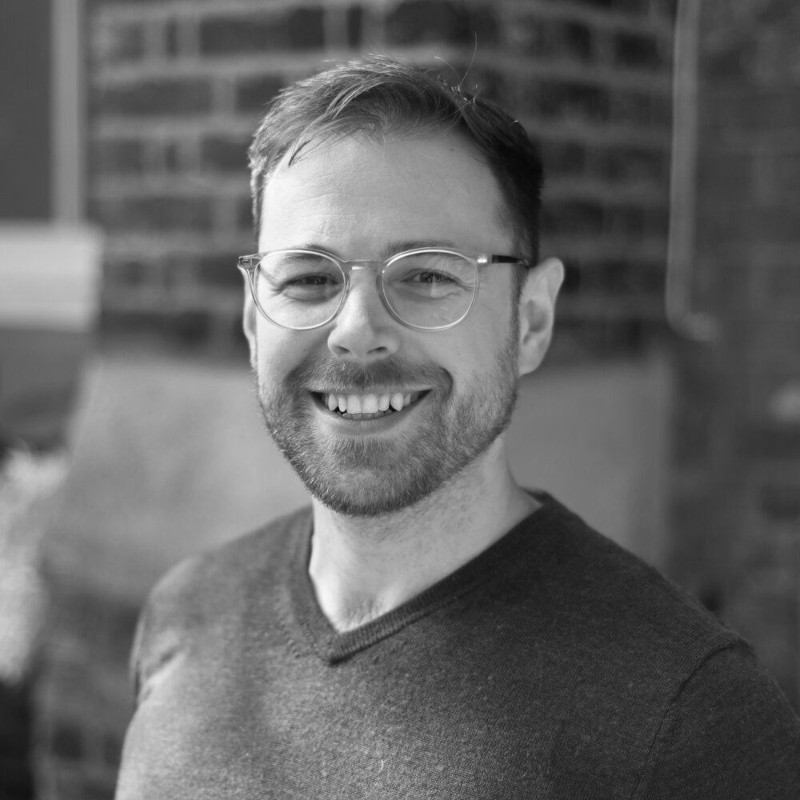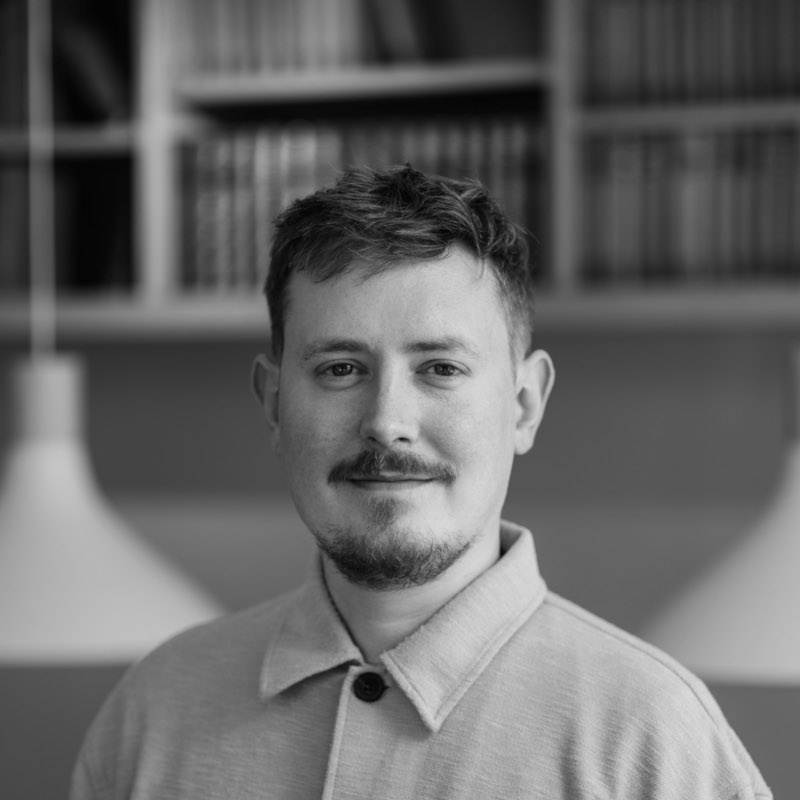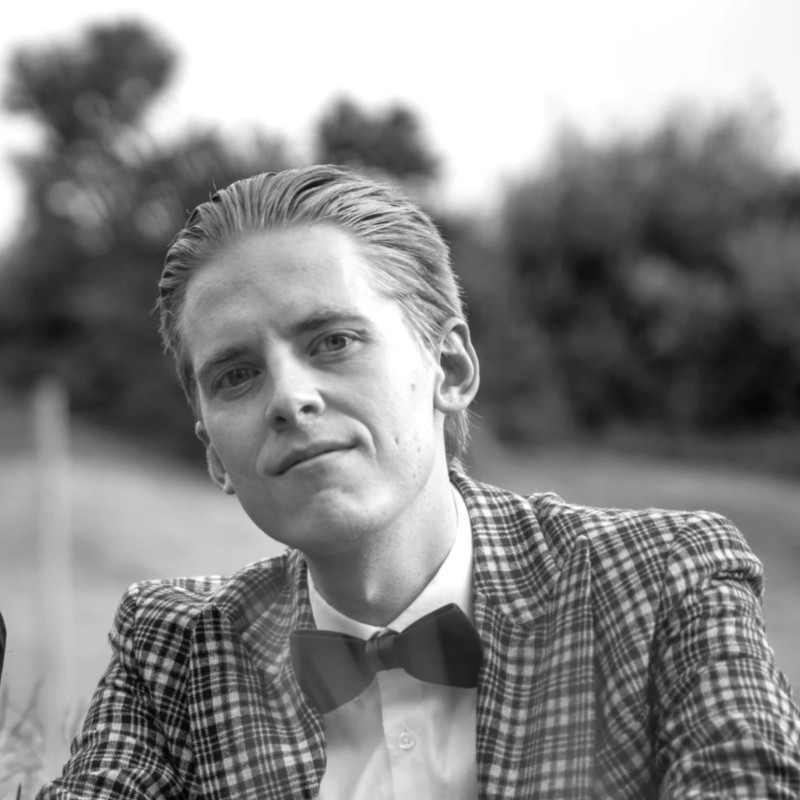Contesting Computer-Anthropologies
The Human in the Digital Age
CCA engages the question of what it means to be human in the digital age in light of the emergence of new technologies like “artificial intelligence” and “artificial life”. CCA questions the dominant frame of mind of today, which tries to understand human beings in terms of a “computer-anthropology” and is thus prone to anthropomorphising digital technology. It will do this in three steps:
- A critical analytical, conceptual and historical investigation of computer-anthropology.
- The articulation of possible and plausible alternative anthropologies, which are thought through in terms of their practical and social implications, and introduced to contrast the findings of the first step.
- Findings will be communicated to the broader public by a variety of means: journalism, podcasts, video-essays, documentary films, edited book series, art projects and school projects. This will promote deeper discernment of meaningful applications of AI and AL.
Thus, CCA undertakes academic, inter- and transdisciplinary research at the intersection of computer science, medicine, law, sociology, history, philosophy, and theology, with a focus on creating interactive platforms of engagement with its findings.
Key Publications
- Segessenmann, Jan, Thilo Stadelmann, Andrew Davison, Oliver Dürr. "Assessing deep learning: a work program for the humanities in the age of artificial intelligence." AI Ethics (2023).https://doi.org/10.1007/s43681-023-00408-z
- (Forthcoming) Davison, Andrew, Carmody Grey, Oliver Dürr (eds.). "Contesting Computer Anthropologies." PTSc Special Issue 12 (2024).
- (Forthcoming) Dürr, Oliver and Johannes Hoff (eds.), “Trinitarische Technikanthropologie.” ZTP Special Issue 1 (2025)
- Grey, Carmody, “Theology, Science and Life.” T&T Clark (2023). Bloomsbury Publishing
Projects and Themes
-
Human Nature and the Future of Humanism
Considering the societal, ecological and spiritual challenges of the 21st century, it is time to inquire about the future of humanism – a humanism adequate to animate the deepest energies of human beings as we face a challenging future. Humanism today is fundamentally called into question. We are witnessing a technogenic reshaping of anthropology as the digital increasingly converges with ‘life’ and ‘intelligence’ in pervasive, intimate and largely invisible ways. In these convergences, our understanding of the human is changed. Novel technologies implicitly create and sustain a vision of the human which cuts across traditional anthropologies and the humanism built upon them. Varieties ‘posthumanisms’ suggest that a better future is only possible if we do away with any notion of human nature, and so leave behind humanism. Some even anticipate the ultimate replacement of the human by artificial intelligences and forms of life. In this context CCA explores a set of fundamental questions: Is there a human nature? If yes, is this human nature knowable by all? That is: Is it knowable by reason, or only by faith, revelation, or arbitrary speculation? If no, can we still have a humanism? Perhaps we can never find consensus on these questions; can we have a humanism anyway, without agreeing on what human nature is? In short, how can we build a truly human future, in the cultural and intellectual circumstances of late modernity?
-
Erotic Freedom: Augustine and the Ascetical Transformation of Desire in a Sexualized and Technologized World
The notion of an ‘autonomous subject’ seems to require an update in light of the manipulative power algorithms have – through microtargeting, nudging and choice architecture – to substantially influence what we see, want and do. Confused, disoriented and wounded desire might just be the key to understanding the human condition in such an age. This project takes Augustine and the patristic deposit as a guide to freedom and flourishing in a sexualized and technologized world. It explores how a distinctly Augustinian theology of pilgrimage (peregrinatio), love (amor), and desire (dilectio) can inspire impactful and practical answers to morally and socially relevant issues facing us today. The project aims to retrieve a holistically embodied view of human beings – drawing from phenomenological and enactivist traditions. This broad approach is apt to explain, why for humans, as vitally embodied beings, the world acquires significance, valence and value and why we often find our will in tension with more basal intentions, which – at the psychological and phenomenological levels – are experienced as drives, longings and desires. Situating anthropology in the Augustinian tradition and within the Christian spiritual tradition of monasticism and the biblical summons to master our desires, the aim is to navigate readers through the erotic and ascetical challenges of this time and provide practical ways toward a life of flourishing, which, in christological fashion, involves a descent before an ascent.
-
Who Cares About Information?
‘Information’ has become a central category in the natural sciences, humanities, and society. We speak of ‘information’ in a variety of contexts, such as linguistic meaning, computational processes, brain activity, biological organisation, interpersonal dialogue, or technical challenges of data transmission. Some even go as far as claiming that the makeup of our whole world consists of information (‘simulation hypothesis’). In such a context the project asks two sets of questions: (1) How are the various senses and applications of the term ’information’ to be understood, related and integrated into a metaphysics of information? How far does the descriptive power of ‘information’ in the technical (= non-semantical) sense reach when it comes to human phenomena? An exemplary focus here must be put on ‘biological information’ and the processes of (embodied biological) life, which are foundational to mental activity. (2) What scientific and non-scientific factors make plausible a ‘pan-informationalist’ outlook? How does the extensive, ontological understanding of information affect our human self-understanding and, by implication, our societies? Moreover, how can the plausibility of the personal approach to information be strengthened argumentatively both in academia and in broader society?
-
“Techniktheologie” (A Theology of Technology)
This project aims to programmatically map out a constructive theological approach to creating a future with technology, that does not fall prey to either techno-optimism or techno-pessimism.
Upcoming Events
Past Events
Metaphysics of the Human Person in an Age of AI
Consultation on Ferdinand Ulrich, Fribourg
Upcoming 2026
Creation, Providence, Teleology
Colloquium with Simon Oliver (Durham), Fribourg
10-12 Oct 2024
Executive Board
Fellows
Advisory Board
Prof. Dr Dr Thomas Fuchs (Karl Jaspers Professor of Philosophical Foundations of Psychiatry and Psychotherapy, University of Heidelberg)
Prof. Dr Dr Andrew Davison (Regius Professor of Divinity, Oxford University)
Prof. Dr Johannes Hoff (Professor for Systematic Theology, University of Innsbruck)
Prof. Dr Sarah Spiekermann (Head of Institute for Information Systems and Society, Vienna University of Economics and Business)
Prof. Dr Thilo Stadelmann (Head of Centre for Artificial Intelligence, Zurich University of Applied Sciences)
Prof. Dr Barbara Hallensleben (Professor for Dogmatics, University of Fribourg)
Prof. Dr Urs Gasser (Professor for Public Policy, Governance and Innovative Technology, University of Munich)
Prof. Dr Dr Benedikt Paul Göcke (Professor of the Philosophy of Religion and Philosophy of Science, Ruhr-University Bochum)
Dr Konstantinos Karachalios (Managing Director of IEEE Standards Association)
Prof. Dr Björn Ommer (Head of Machine Vision & Learning Group, Ludwig Maximilian University of Munich)
Prof. Dr Hartmut Rosa (Max-Weber-Kolleg für kultur- und sozialwissenschaftliche Studien, Universität Erfurt & Professor for general and theoretical sociology, University of Jena)
PD Dr Christine Schliesser (Lecturer on Ethics, University of Zurich & Scientific collaborator Center for Faith & Society, University of Fribourg)
Prof. Dr Matthias Wüthrich (Professor for Systematic Theology, University of Zurich)
Prof. Dr. Ashley Moyse (Assistant Professor of Medical Ethics in the Department of Medicine at Columbia University Irving Medical Centre, New York)



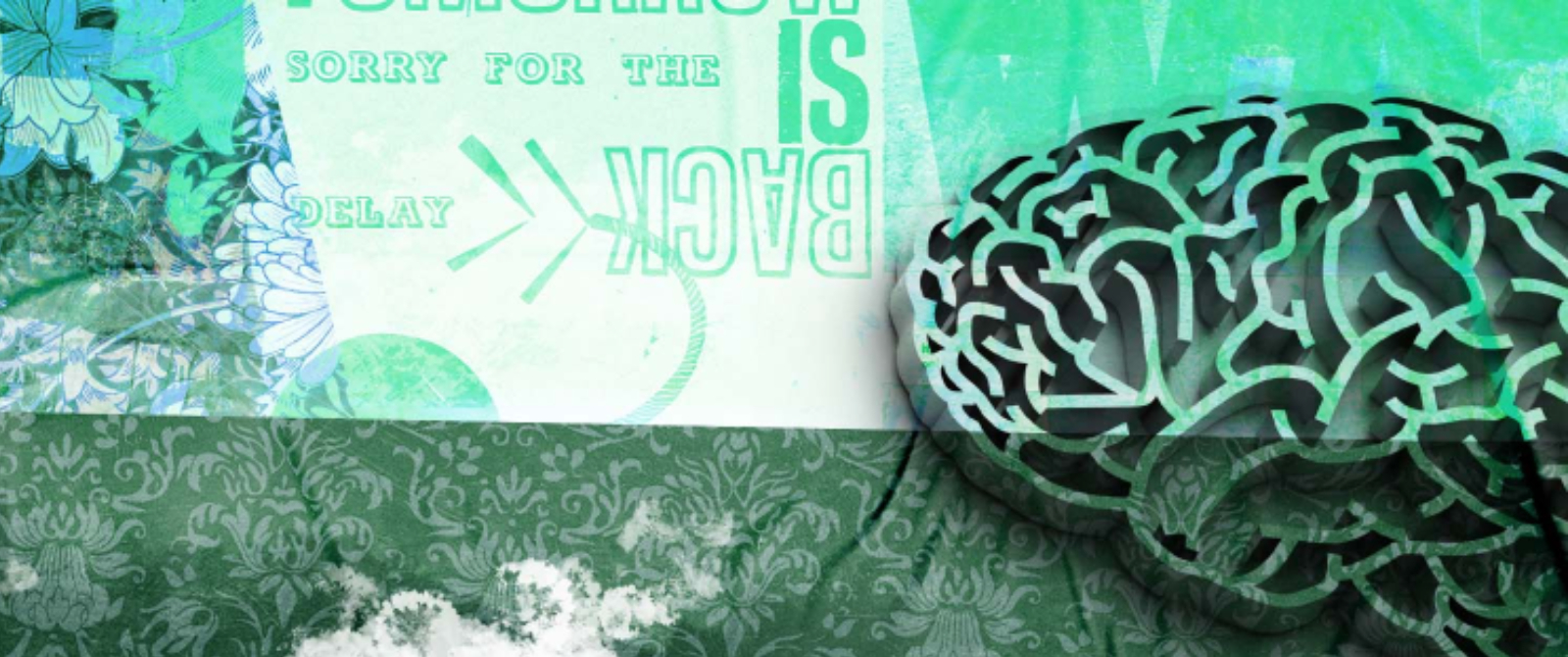

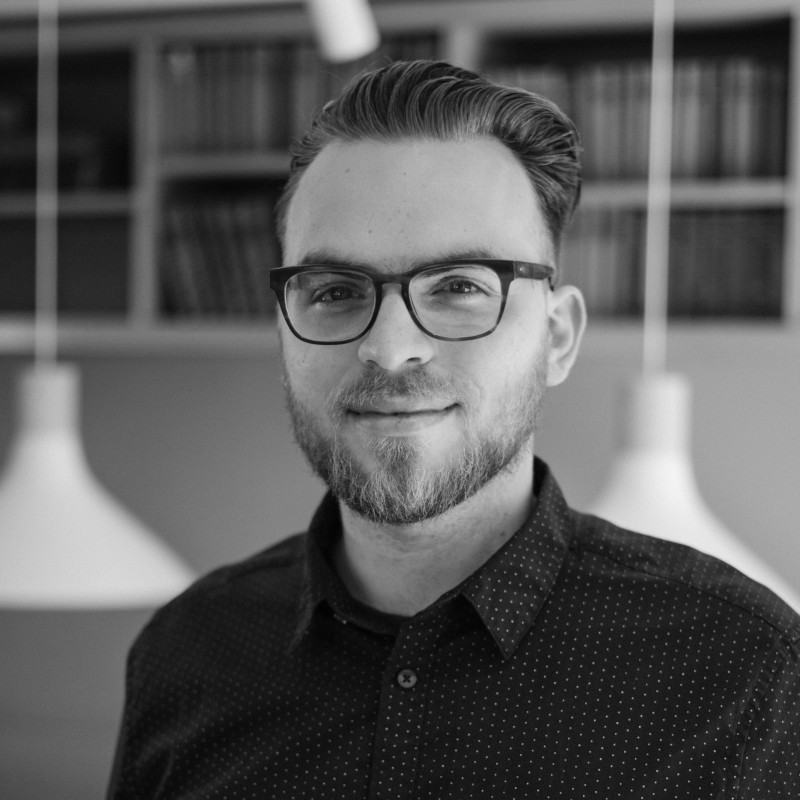
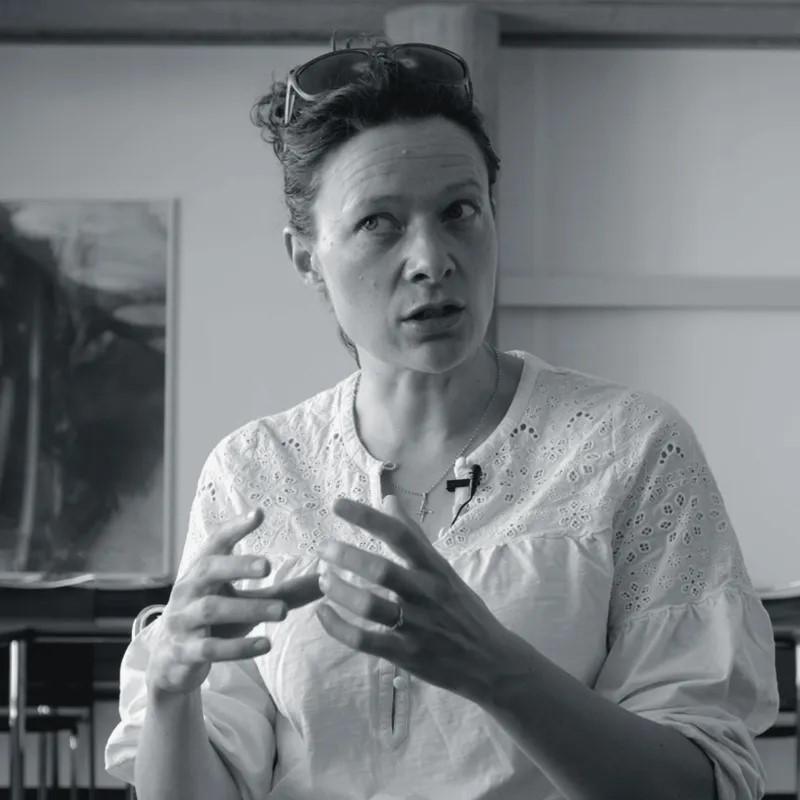
.jpg)
